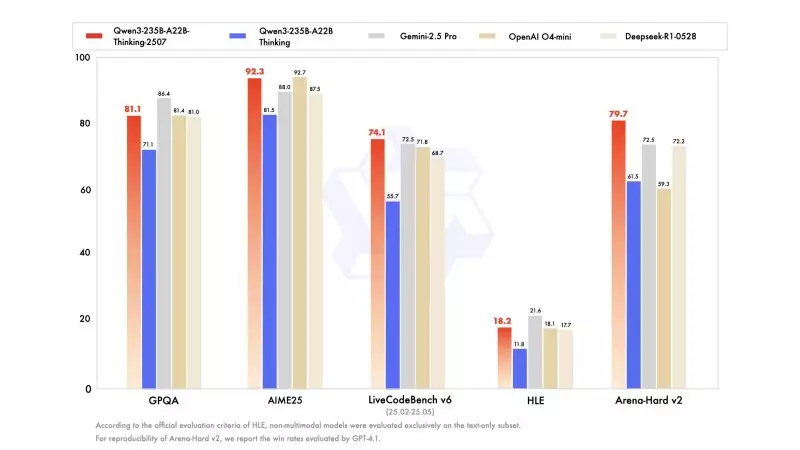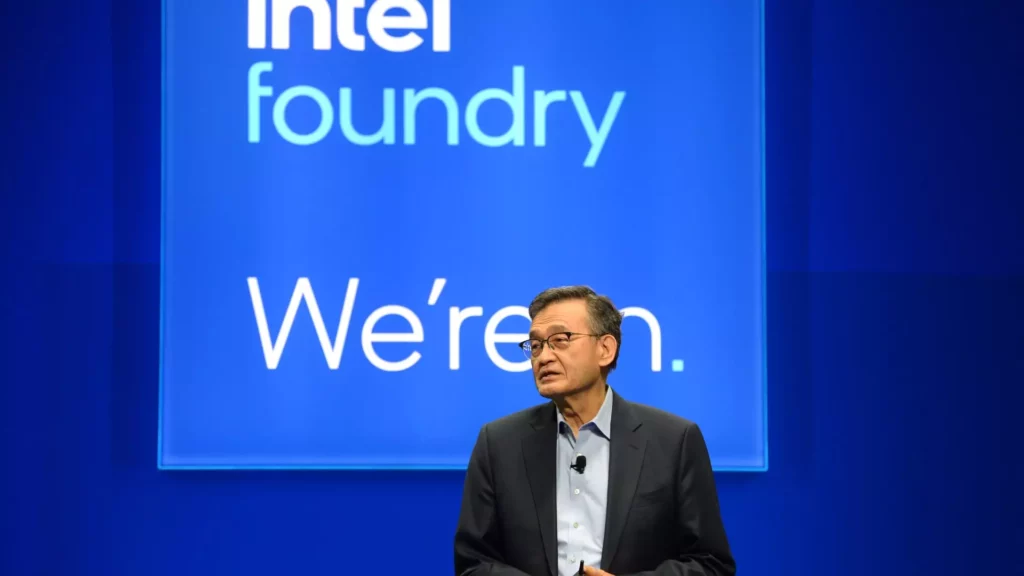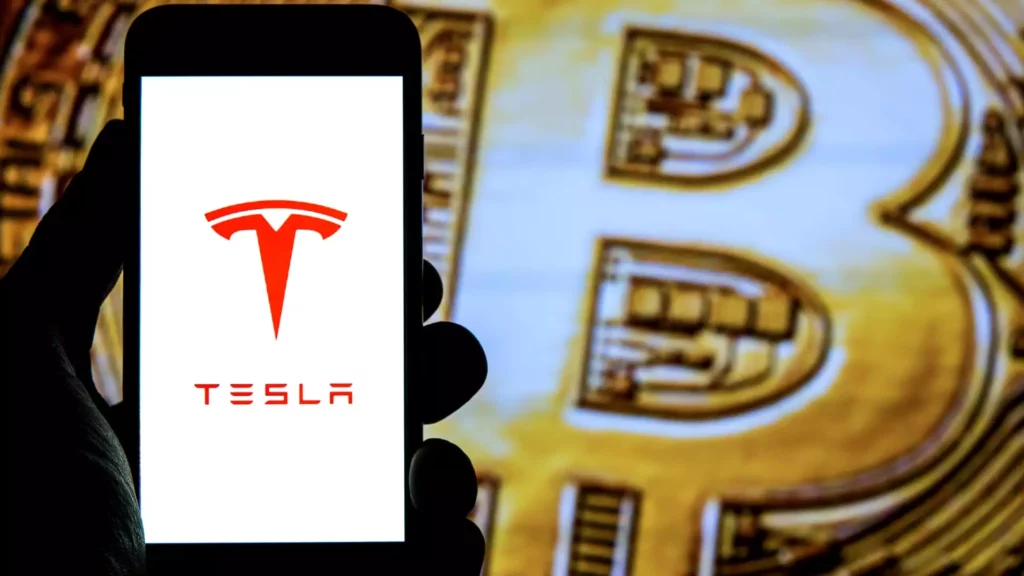In today’s rapidly evolving gaming landscape, PlayStation’s choice to cling tightly to exclusivity can be seen as both bold and potentially detrimental. Executives at Sony have articulated a clear stance on their game release strategies, particularly for single-player experiences, by deferring PC ports for heavy hitters like “God of War Ragnarok” and “Ghost of Tsushima.” This choice is not solely a matter of gameplay; it represents a fierce intent to cultivate a sense of community around their flagship console, the PS5. By delaying access to these titles from the wider PC gaming community, PlayStation not only fortifies its user base but also risks igniting frustration among gamers who seek broader accessibility. The underlying philosophy pitches these marquee titles as the embodiment of the PlayStation brand, crafted to showcase the robust capabilities of their gaming hardware, but it’s a gamble that could prove costly.
Community vs. Corporate Strategy
Sony’s executives, including Hermen Hulst, position exclusivity as a distinguishing factor—a “differentiator,” if you will. However, this tactic raises pertinent questions about the brand’s commitment to community. While some players appreciate the allure of exclusive titles, others are left feeling sidelined, especially when account linking for multiple platforms becomes a barrier. This was evidenced by discontent surrounding recent releases like “Helldivers 2,” where consumers found themselves grappling with mandatory PSN account processes, curbing their ability to easily engage across various formats, particularly for PC gamers. Enthusiasm wanes when playing comes with strings attached. Despite efforts by Hideaki Nishino, the CEO of Sony Interactive Entertainment, to emphasize responsiveness to player feedback, many fans perceive the company as prioritizing profit over genuine engagement. In a world where gamers increasingly demand choice, ignoring this shifting sentiment may ultimately alienate a loyal user base.
The Cross-Platform Reality
Comparatively, Xbox’s strategy mirrors a rapidly growing trend in the industry: integrated gaming experiences across multiple platforms. By releasing games adaptable to different consoles and PCs, Xbox taps into a universal accessibility that PlayStation’s current model seems to neglect. This approach illustrates a transformational shift within the gaming paradigm, placing cross-platform functionality at the forefront of user preferences. In this light, PlayStation’s adherence to exclusivity may be perceived as an outdated perspective, contributing to the question of whether Sony is adequately preparing for the digital future of gaming. As the competitive landscape grows fiercer, one has to wonder if clinging to exclusivity remains a viable strength or a potential hindrance.
Long-Term Implications of Current Strategy
While PlayStation’s strategy clearly seeks to bank on long-term brand loyalty through exclusive content, it presents a precarious balancing act. Their vision hinges on drawing in gamers with the promise of high-quality, tailored experiences exclusive to the PS5. However, this approach intersects with a marketplace that increasingly embraces flexibility and options. It is important to keep in mind that the loyalty of modern gamers is far less about brand allegiance and more about the ability to enjoy titles across platforms without unnecessary hurdles. Should PlayStation’s strategy falter in an environment that champions cross-platform play, they risk not only lagging behind competitors but also losing relevance. Bold choices can invite bold backlash if player frustrations are consistently overlooked.
The Ethics of Profit vs. Player Engagement
Within this context, the ethics of profit-driven decision-making come into sharp focus. The friction between corporate imperatives and community expectations poses a profound challenge. While exclusivity might serve as a powerful marketing strategy, what happens when it starts to feel exclusionary? The careful orchestration of PS5 game releases as part of a larger exclusivity narrative conveniently brushes aside pressing concerns from gamers eager to throw their hard-earned money at what they love, regardless of platform. The feeling of restriction can breed resentment, especially in a community that thrives on shared experiences.
In a gaming world that grows more vocal and discerning by the day, it is paramount that PlayStation reassesses its strategy. Embracing flexibility could not only foster goodwill but also serve as a genuine reflection of evolving player desires. Without a thoughtful pivot, Sony may find that the exclusivity which was once deemed a cornerstone of their brand identity becomes a burden that ties them down to a narrow path of self-sabotage.









Leave a Reply